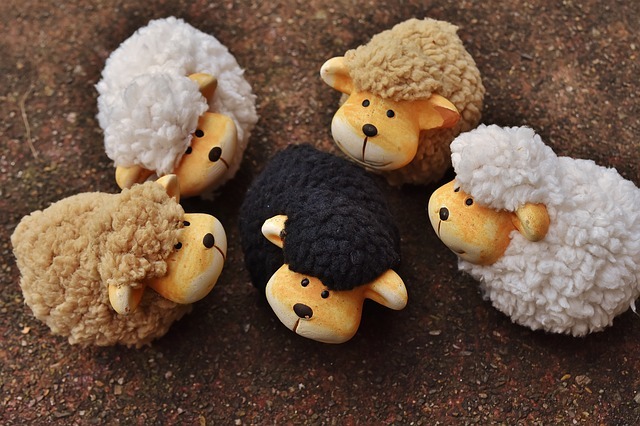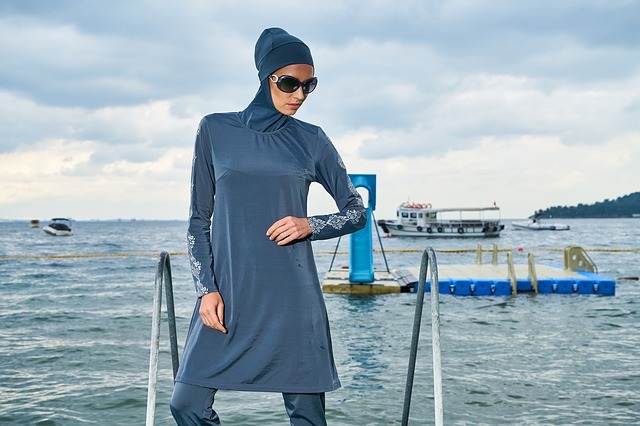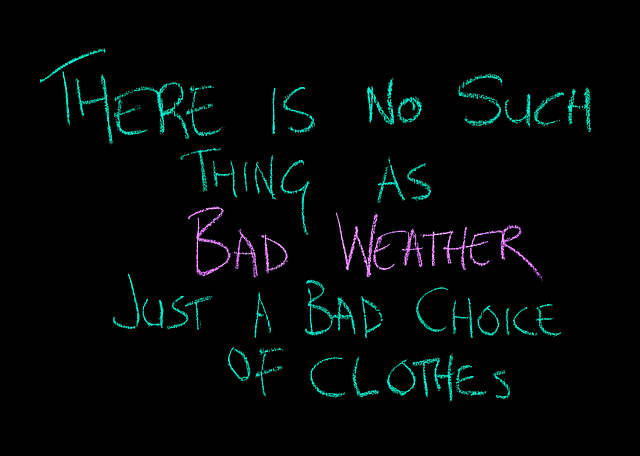Where do you begin when creating a wardrobe? With garments? With colours? With styles? No – you begin with yourself.
 In the first Wardrobe Architect exercise, we consider seven areas which affect who we are and how we dress: our history, philosophy, culture, community, activities, location and body. (Follow the previous link for a handy worksheet to note down your answers – thoughts become much clearer when you need to pin them down in visible form.)
In the first Wardrobe Architect exercise, we consider seven areas which affect who we are and how we dress: our history, philosophy, culture, community, activities, location and body. (Follow the previous link for a handy worksheet to note down your answers – thoughts become much clearer when you need to pin them down in visible form.)
History
I used to be a bit of a tomboy – short hair and shorts – but from my early teens moved toward length in both hair and clothing: long loose lower half with a somewhat more fitted upper half. I still wear similar looks, but I think my style has refined with time, as I filter out the things which aren’t quite me. I am still a fan of second-hand shopping, but given the difficulty of finding what I’m after second-hand, these days I buy most garments new: good-quality things which will last for years.

Philosophy
Being a devotée of Jesus Christ affects how I dress – not simply in how much of my body is covered (although that’s usually the first thing people notice) but also in less visible ways. I strive for clothing which doesn’t have a negative effect on the people or planet which produced it, and which doesn’t have a negative effect on me: no toe-mashing shoes or rash-inducing acrylics. Perhaps most important of all is the belief my faith gives me that I do not need to conform to the expectations of a consumer society.
Culture
I grew up in Papua New Guinea, with Melanesian modesty standards (must cover loosely from waist to knee). But I also have an overlay of Western culture, and the mix of the two has somehow come out a bit… historical-looking. Not of any one time, mind you, just definitely not modern. (Or post-modern, or whatever we’re up to now.)
Side note: I always find it strange when people ask me if I dress the way I do because my church says so. I have yet to see any other woman in this area who dresses the way I do, so what are people thinking? That I belong to a group so small I’m the only woman, or that I belong to some whacko group which only allows one woman out at a time? For the record, I am the only woman in my church who dresses like me.

Community
I imagine it takes a lot of courage to dress differently if you experience backlash from those near to you. Fortunately for me, I have friends who believe I should be allowed to dress however I choose, and even more importantly, I have a husband who supports me dressing as I choose – despite some people assuming that if a woman is wearing long skirts and a kerchief/bandanna, her husband must have decreed it and is clearly oppressing her. (The padlock possibly doesn’t help this.)
Activities
I like to walk freely in my clothes. I don’t like to run in them, but I like to be able to. So tight skirts and high heels aren’t gonna happen. I also like to be able to roll my sleeves up for cleaning, gardening etc. But I generally don’t go in for activities that require special clothing, or for which long skirts are impractical. (Apart from swimming, for which I have a burqini.)

Also: pockets. I always have a handkerchief and a propelling pencil (you never know when you might need to write something) except when I wear one of my pocket-free dresses. And then I fret. I almost feel like this should be under philosophy: I am a vehement antipocketlessite. Never shall I make a pocketless dress. (Cue “Scarlett O’Hara just before the intermission” moment.)
Location
I live in the south of the North Island of New Zealand. Lots of rain, and while temperatures are generally between 0ᵒC and 30ᵒC, the weather is very changeable (it comes from being surrounded by sea). This is a country where people go for an afternoon walk on a lovely sunny day, get lost, and die of exposure when the weather changes. There’s no putting your winter clothes away for the season here.
I remember once putting on cold-day clothes and by the time I’d walked a kilometre down the road to the bus stop, the temperature had gone up ten degrees, and the polyprop underlayer I was wearing was no longer welcome. So layers that can be easily removed (even in public) are the way to go, and separate wardrobes for different seasons is a non-starter. Flexibility is key. Clothes that can’t get wet are less than useful.

Body
I actually quite like my body. It’s fairly averageish in most directions, but not aesthetically unpleasing, I think. I do like dresses which observe my waist, but I don’t have as many as I’d like, because they’re hard to come by (dresses, that is; I only have one waist which is exactly as many as I’d like). Belts are handy in that respect. I feel the cold easily, especially in my feet, so I almost always wear sheepskin slippers (except when out and about). Being private about my body, I prefer clothes that stay in place when I move: e.g. don’t flash the people opposite if I lean over a pool table.
But enough about me; what about you? Feel free to share about one, some, all or none of these in the comments section (comments can be as long as you like), or leave a link to your own post about it, if blogging. And don’t forget there’s a worksheet on the Colette blog (link above) to aid in considering all these influences on the way you dress.
Next month: defining a core style!

Working through those headings threw up and unexpected revelation! Growing up in the 70s is possibly where my love of colour and dramatic clothes comes from 🙂 Thanks for the blog – it was most thought provoking and also challenging.
Glad to know it was useful! Now what did you do with that caftan?
Still in the wardrobe! A little tighter and worse for wear, but useful for costume parties 😀
😀